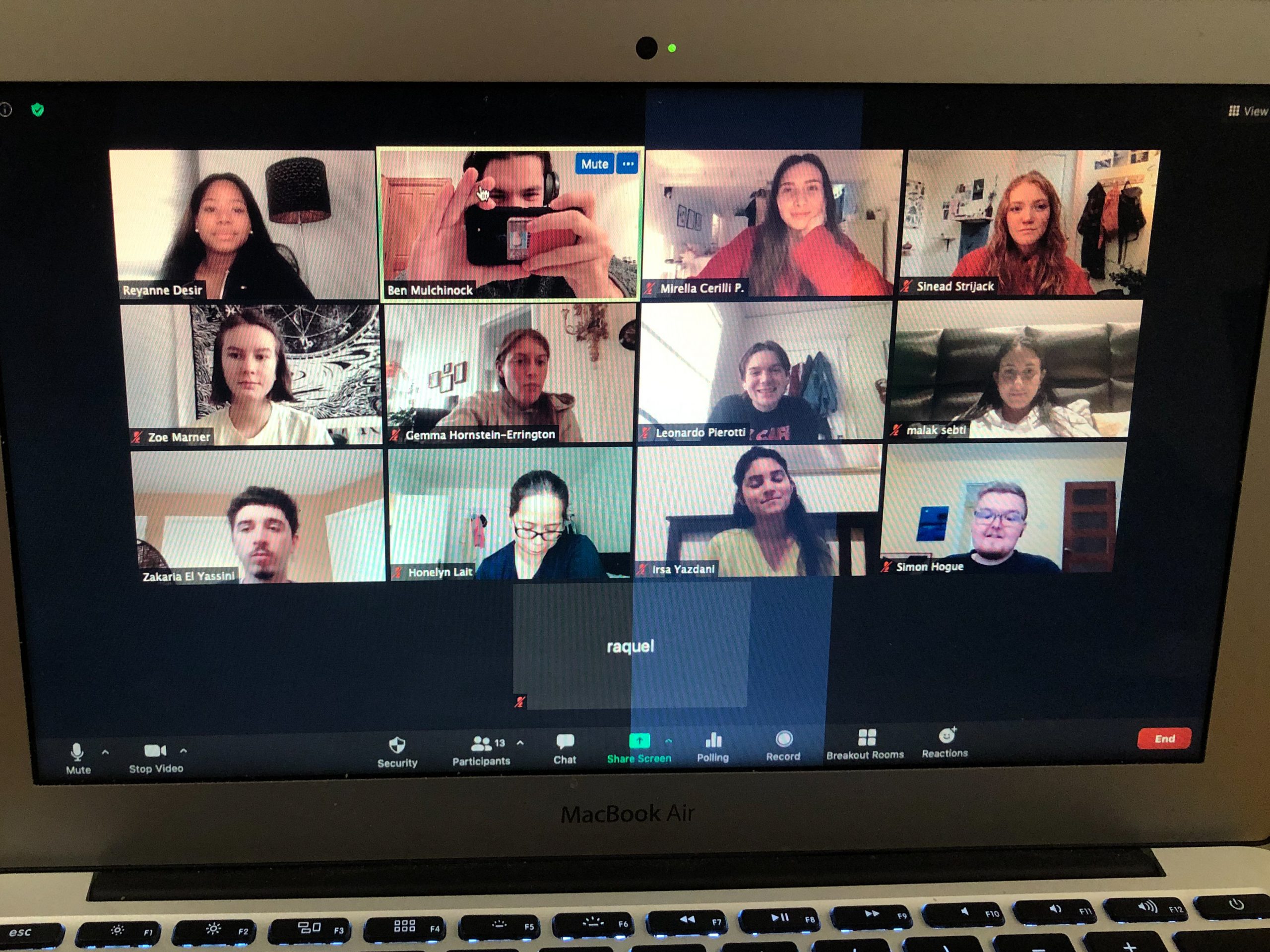To cheat and plagiarize or not to cheat and plagiarize? That is the question. So, what do Concordia students think?
“I think cheating is a stupid idea because I have heard from my greatest teachers that ‘You only cheat yourself.’ This meaning that if you don’t know the information on the exam, you don’t know it,” says Louise Fasano, a 24-year-old independent student.
“But if you cheat, you deprive yourself of learning that normally takes place (when not cheating).”
Her 21-year-old English literature counterpart is in full agreement. “It pretty much defeats the purpose of going to school, and it is relatively counter-productive to the learning process,” points out Mark.
Students are equally against plagiarism. “You might get caught and they’d throw you out, it’s immoral, and if you’re not smart enough to write a paper without plagiarizing, you deserve to either get caught or to get the crappy grade you would get without plagiarizing,” declares Katharine Childs, a 19-year-old political science and Lonergan College of interdisciplinary studies student.
While some like Sarah, a 21-year-old modern languages student, and Janelle Mast, a 23-year-old business administration student, believe that people who cheat or plagiarize either don’t want to study and are lazy or run out of time, others like Pierre, a creative writing student, see things a bit differently. “They want a piece of paper and this is the easiest way possible to get it.”
Andrea Brown, a 19-year-old English literature and history student, agrees with him. “The pressure of doing well is too much. I think most people who cheat never intended to. They were probably up all night studying for another class and neglected the one they were forced to cheat in. Since most of their future rests on their grades, they find themselves with no other option.”
In regards to plagiarizing, she sees things pretty much the same adding how “they might not feel confident that their work is good enough to hand in or they don’t realize they are plagiarizing. Many people just don’t know when to footnote.”
Regardless of what propels a person to cheat or plagiarize, students are not sympathetic towards those who commit such academic offenses. “They’re thieves,” insists Urs Schneider, a 60-year-old English literature student. “I mean they’re stealing and not keeping their end of the bargain. It’s misappropriating property.”
What divides students is deciding on whether cheating or plagiarism is worse. While Brown thinks it to be cheating since she believes that most times plagiarism is not intentional, Marco, a 24-year-old political science student, disagrees. “Obviously plagiarism because it is a thought out fraud.”
Jay, a 27-year-old graduate student, believes that there is no distinction between the two academic offenses.
“I think both cheating and plagiarism are bad because both involve taking the easy way out which is really the lazy way to success. Success can truly be called that if it involves honest hard work and you learn a lot through it even in the failures because you can’t understand success without experiencing failure. Cheating and plagiarism never builds character; honest hard work does.”
In the end cheating and plagiarism never pay off. You’ll end up in the same place that you were before but only with a guilty conscience, therefore find that extra time and do your own honest work.
Master your Photo Skills with the Concordian
Photography is as easy as one, two, three! Are you ready to switch out the average camera on…



